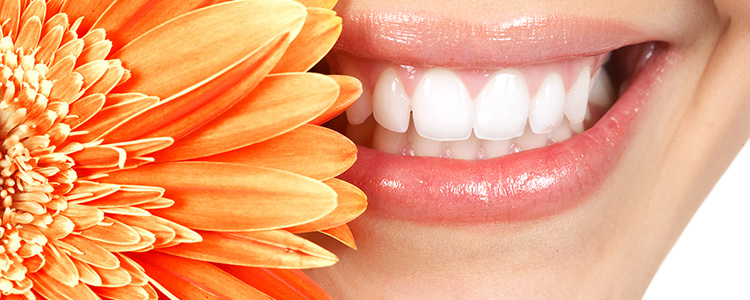Laser dentistry can be a precise and effective way to perform many dental procedures. The potential for laser dentistry to improve dental procedures rests in the dentist's ability to control power output and the duration of exposure on the tissue (whether gum or tooth structure), allowing for treatment of a highly specific area of focus without damaging surrounding tissues.
If you consider yourself somewhat of an anxious dental patient and are seeking extreme safety and comfort, you might consider laser dentistry techniques.
The applications for dental lasers expand to provide patients with precision treatment that may minimize pain and recovery time.
Benefits of Laser Dentistry?
- Procedures performed using soft tissue dental lasers may not require sutures (stitches).
- Certain laser dentistry procedures do not require anesthesia.
- Laser dentistry minimizes bleeding because the high-energy light beam aids in the clotting (coagulation) of exposed blood vessels, thus inhibiting blood loss.
- Bacterial infections are minimized because the high-energy beam sterilizes the area being worked on.
- Damage to surrounding tissue is minimized.
- Wounds heal faster and tissues can be regenerated.
Application of Laser Dentistry
The application of lasers in dentistry opens the door to perform a wide variety of dental procedures they otherwise may not be capable of performing. We have become adept at incorporating the state-of-the-art precision technology into a number of common and not-so-common procedures.
